60 Degree Wedge For Sale – The artist who created it may have one understanding of its worth, while a collector may see it as a valuable investment, and a casual admirer might simply appreciate its beauty without considering its monetary value. There’s a certain art to selling something. Quality goods stand in stark contrast to this cycle. Whether someone is looking to sell their business as part of a strategic decision or to retire, or whether a potential buyer is seeking an opportunity to invest in an established company, the process of buying and selling businesses is a common yet intricate part of the global economy. A blacksmith might craft a sword, a tailor might stitch a suit, and a potter might mold a vase. This subjective nature of value is what makes the “for sale” market so dynamic. In the realm of electronics, a quality product, such as a high-end camera or a premium laptop, can perform reliably for years, often outlasting cheaper alternatives. They are investments, not just purchases, and their value is often felt long after the original transaction has ended. A house can be bought, a car can be sold, a watch can be pawned. In this digital age, it often feels like there’s no such thing as privacy anymore, and that’s because we’ve essentially agreed to sell pieces of ourselves in exchange for recognition, affirmation, or even money. Books, records, and collectibles are also highly sought after in the second-hand market. The closing process also involves transferring the business’s assets, such as inventory, property, intellectual property, and customer contracts, to the new owner. The satisfaction of purchasing quality is often deeply intertwined with the knowledge that your money is going toward something that truly deserves it. These platforms allow buyers to browse listings, access detailed business profiles, and initiate contact with sellers, all from the comfort of their own home. It doesn’t fall apart after a few uses, nor does it need to be replaced after a season. Online platforms also offer the convenience of searching for specific items, whether it’s a rare collector’s item, a particular brand of clothing, or a piece of furniture that fits a specific design style. By purchasing second-hand goods, consumers help keep products circulating in the economy, giving them new life and purpose. Whether you’re the seller or the buyer, the phrase “for sale” is a reminder that everything in life is in constant motion, always moving toward something new, something different, something better. In the realm of real estate, for instance, selling a house is often an emotional and logistical challenge. This is particularly evident in industries such as furniture, clothing, and electronics.
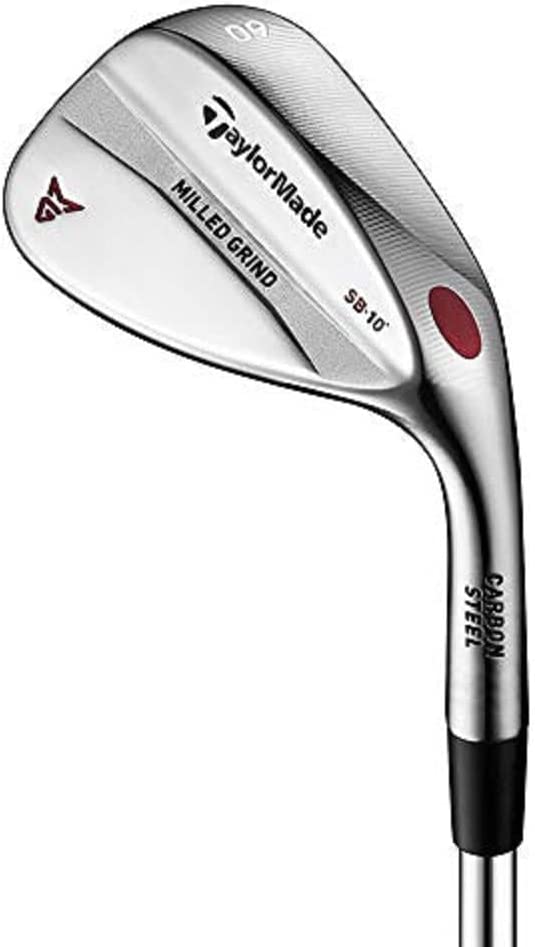
The 60 Degree Wedge Your Game Changer
Limited edition · golf bags · single irons

60 Degree Wedge Mullybox
Limited edition · golf bags · single irons

Best 60 Degree Wedge (The Top 3 Lob Wedges) Golf In Progress
Limited edition · golf bags · single irons
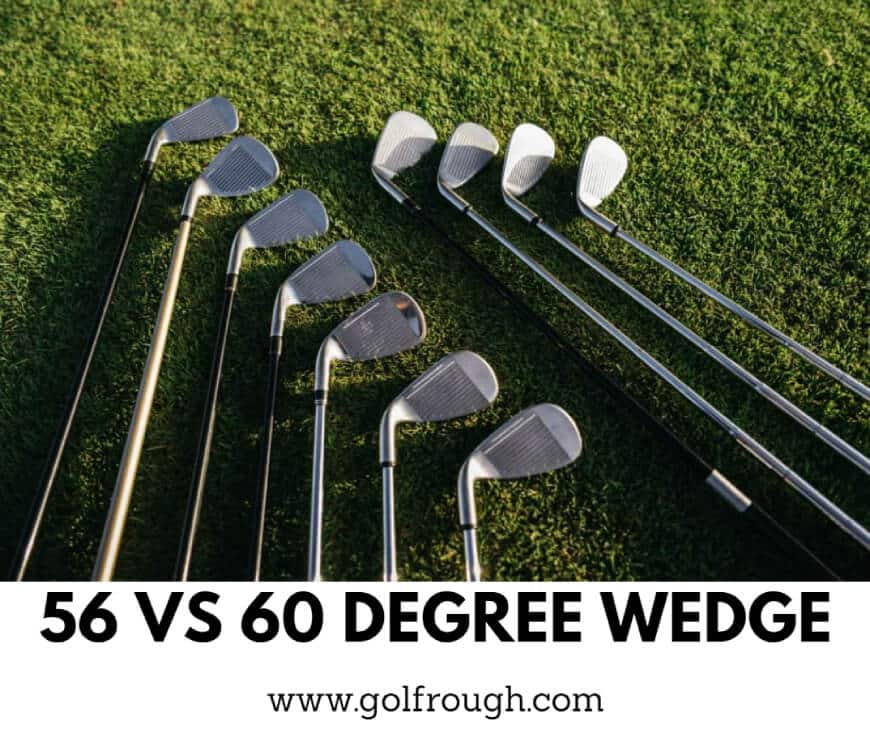
56 vs 60 Degree Wedge Which Should You Use? Golf Rough
Limited edition · golf bags · single irons
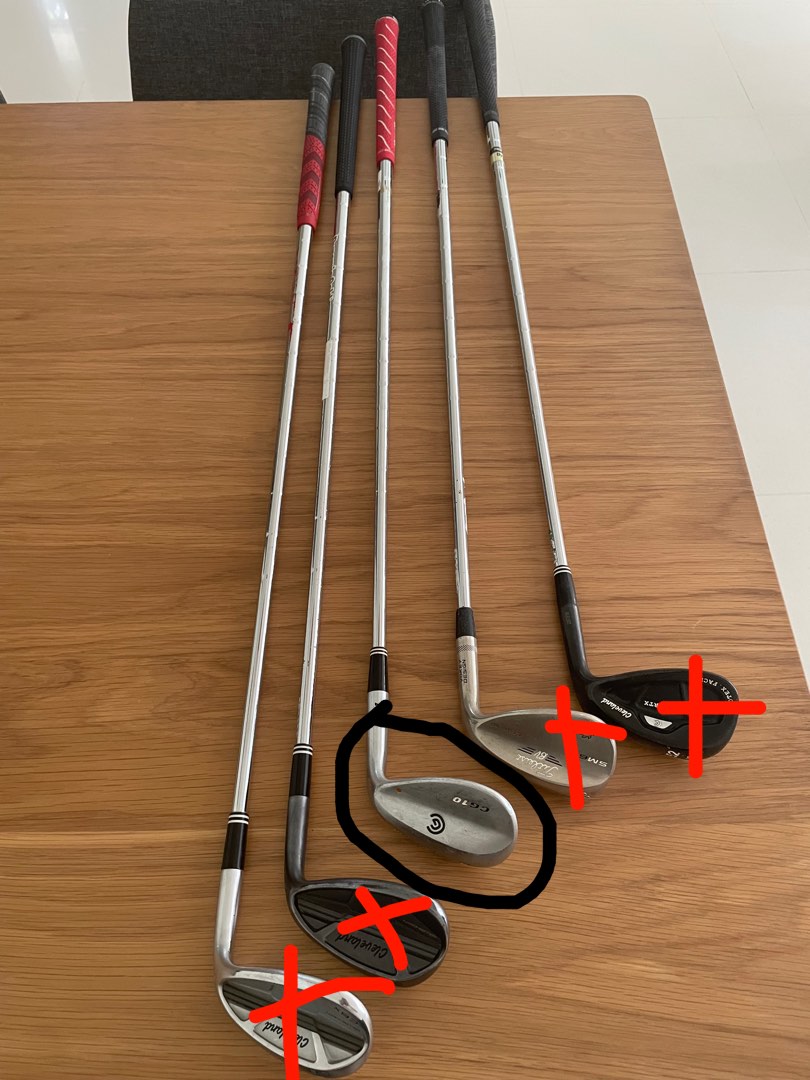
60 degree wedge for sale, Sports Equipment, Sports & Games, Golf on
Limited edition · golf bags · single irons
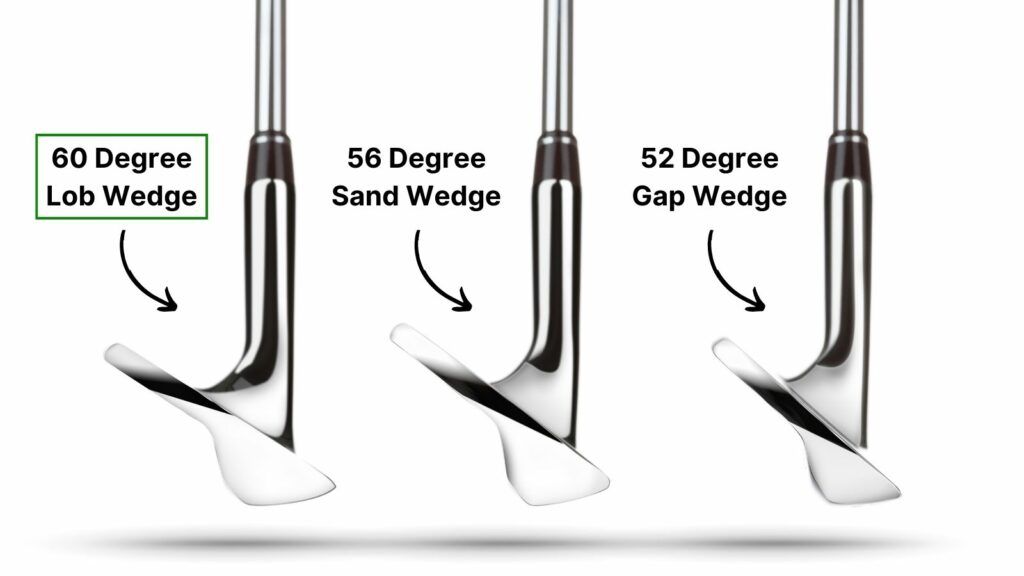
60 Degree Wedge Out of Sand (Should You Use It?)
Limited edition · golf bags · single irons
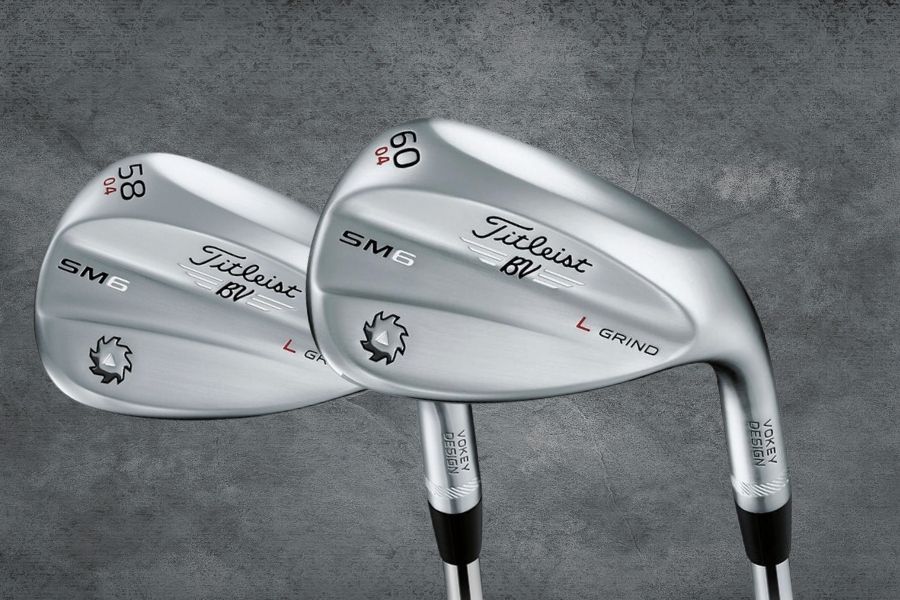
58 Vs. 60 Degree Wedge Which One Should You Use?
Limited edition · golf bags · single irons

What's the Best Bounce for 60 Degree Wedge?
Limited edition · golf bags · single irons
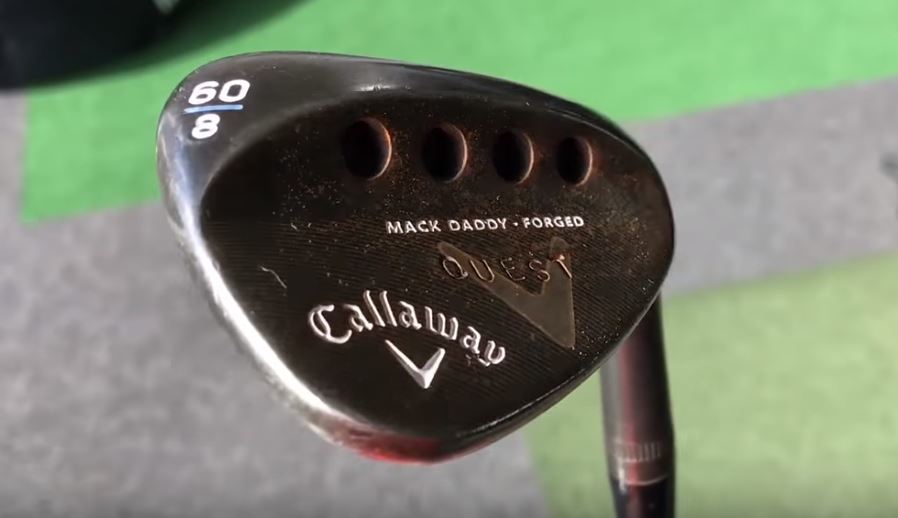
60 degree wedge hactix
Limited edition · golf bags · single irons

60 degree wedge template
Limited edition · golf bags · single irons
Many online platforms also allow buyers and sellers to leave feedback and reviews, helping to build trust and credibility in the transaction. With the rise of online platforms and a growing cultural shift toward sustainability, the second-hand market continues to thrive, providing consumers with more options and opportunities than ever before. The internet, for example, has created a space where anyone can buy or sell almost anything, from physical products to intangible services. Whether you’re the seller or the buyer, the phrase “for sale” is a reminder that everything in life is in constant motion, always moving toward something new, something different, something better. This leads to the accumulation of waste that ends up in landfills, contributing to pollution and the depletion of valuable resources. By choosing second-hand goods, consumers can help reduce waste, conserve resources, and lessen the demand for new production. Regardless of the reason, the sale of a business is an event that requires careful planning, transparent communication, and strategic negotiations. Whether it’s the sleek lines of a designer chair or the intricate patterns on a handwoven rug, quality goods are often as much about aesthetics as they are about functionality. For book lovers, buying second-hand books is an affordable way to build a library, and it can also be an opportunity to find rare or out-of-print titles that are no longer available in stores. Whether someone is looking to sell their business as part of a strategic decision or to retire, or whether a potential buyer is seeking an opportunity to invest in an established company, the process of buying and selling businesses is a common yet intricate part of the global economy. Self-help books and motivational speakers promise to sell us the tools to fix ourselves, to buy into a better version of who we could be. Thrift stores, estate sales, and online marketplaces are excellent places to find second-hand furniture, with options ranging from antique and vintage pieces to more contemporary items. The world of second-hand shopping has also made quality goods more accessible. It carries with it a deep sense of commodification — the idea that every part of our lives, every piece of our history, every corner of our existence, has a price attached to it. In a world that often prioritizes convenience
The notion of a business for sale is one that captures the imagination of many. Many factors can influence the negotiation, such as the business’s financial performance, industry trends, and the level of interest from other buyers. For the buyer, acquiring such a piece may carry with it the honor of preserving a legacy, or the satisfaction of adding a unique, timeless item to their own collection. Whether it’s the affordability, the environmental impact, or the opportunity to find unique items, second-hand goods provide an alternative to traditional retail shopping that is both practical and sustainable. Another aspect that contributes to the appeal of quality goods for sale is the level of detail and attention given to the design. For the seller, the goal is often to maximize the value of the business, which requires a clear understanding of the company’s assets, liabilities, and future earning potential.
These platforms have also made it easier for individuals to sell their own pre-owned goods, turning unused or unwanted items into cash. Second-hand goods for sale have become an integral part of today’s economy, a trend that transcends geographic, economic, and cultural boundaries. They remind us that, despite living in a world where everything is for sale, there are some things that remain priceless. By buying second-hand goods, consumers can feel good about supporting their communities and giving back to those in need. In conclusion, quality goods for sale represent the best that craftsmanship, design, and functionality have to offer. Many quality goods are made by artisans or small businesses who take the time to create products that reflect their expertise and passion. For sale, it seems like a simple phrase, yet it carries with it an array of possibilities, emotions, and decisions that can shape someone’s life. For sellers, online platforms can expand their reach to a global audience of potential buyers, increasing the chances of finding the right match for their business. But in the end, whether it’s an item or an individual, the process of being “for sale” is a negotiation of worth, a moment of exchange. But the financial aspect is only one part of the equation. Sellers often find themselves in a strange position, balancing the emotional attachment to the item with the rational need to let it go. Their inherent value comes not only from their physical characteristics but also from the values of durability and sustainability. In both cases, there’s a sense of vulnerability. A car might be sold because it no longer serves the needs of its owner, or perhaps the owner is simply ready for a change. These platforms often provide tools that help streamline the due diligence process, including access to financial documents, business valuations, and other relevant data. In a circular economy, items are kept in use for as long as possible, reducing the need for new resources and minimizing environmental harm. Yet, at the same time, there’s the promise of new beginnings for both the seller and the buyer. Second-hand markets also promote the idea of a circular economy, an economic system that focuses on reducing waste and reusing products. The buying and selling of companies, brands, and even entire industries can reshape economies, alter job markets, and redefine how goods and services are delivered. Many second-hand clothing stores and online platforms specialize in curating high-quality, gently used apparel, making it easy for consumers to find fashionable items that align with their tastes.